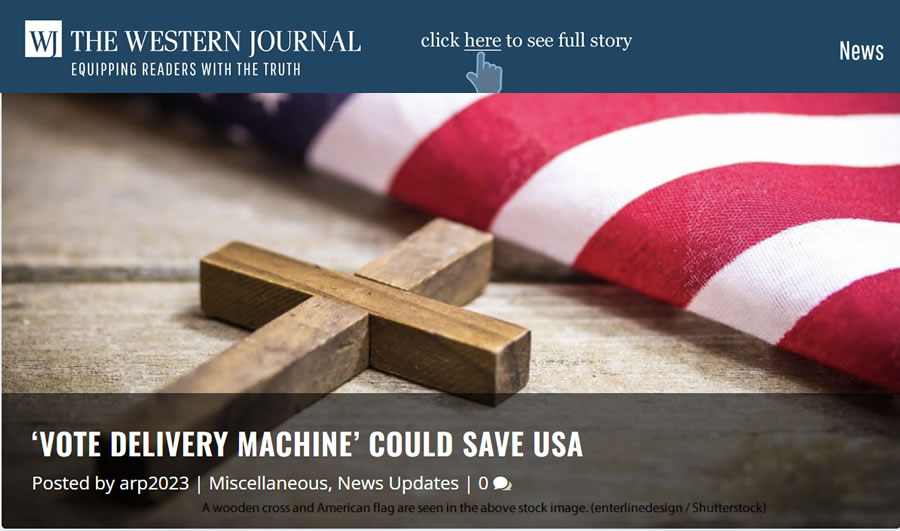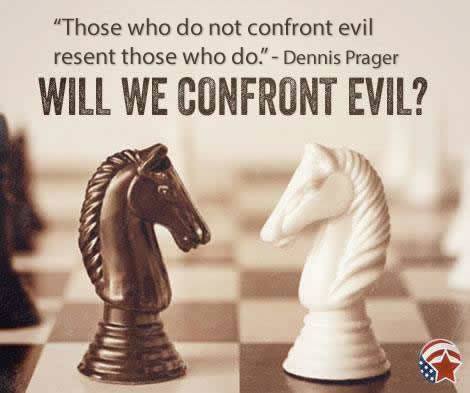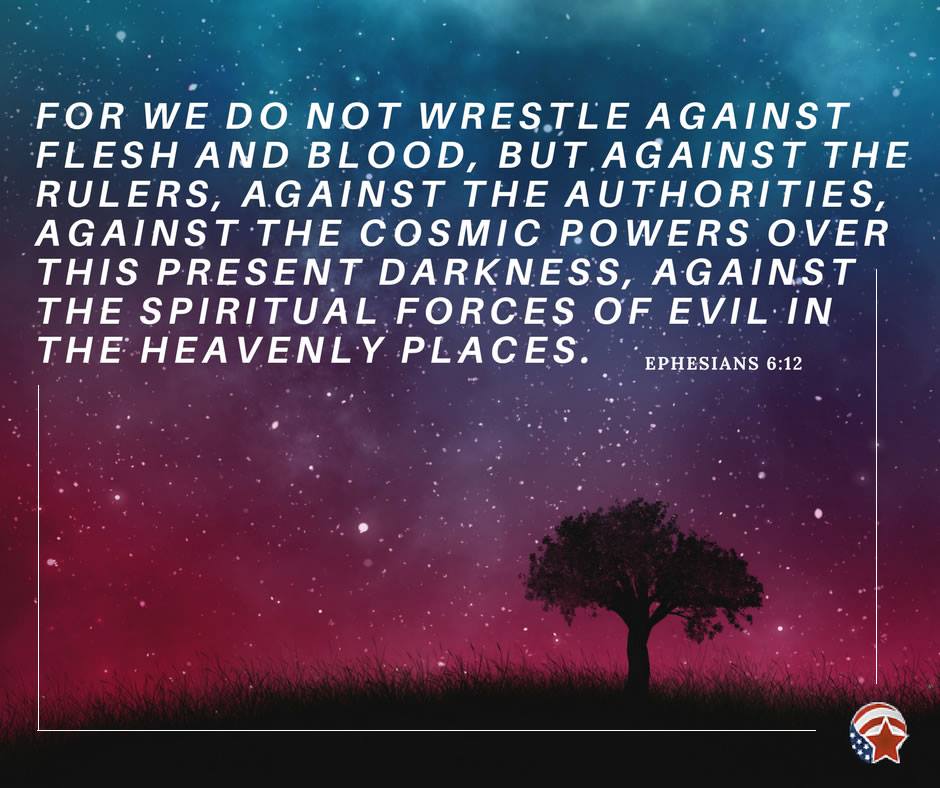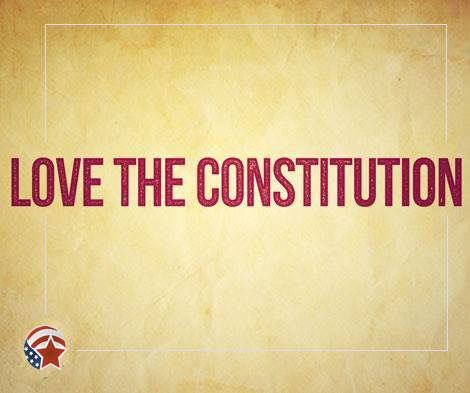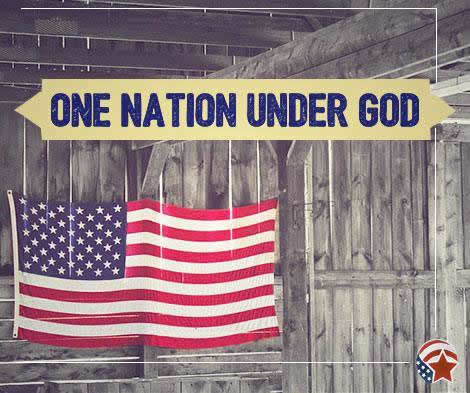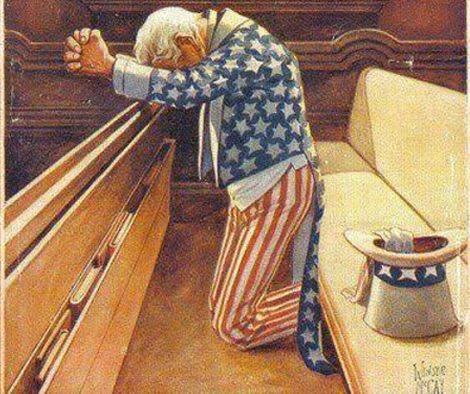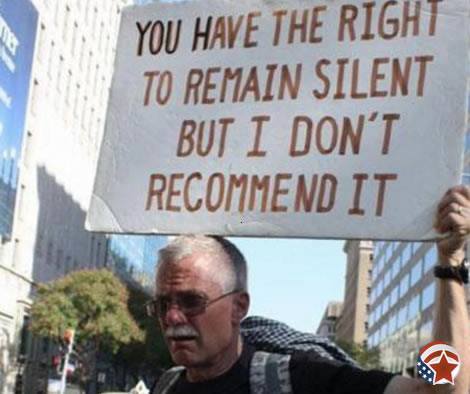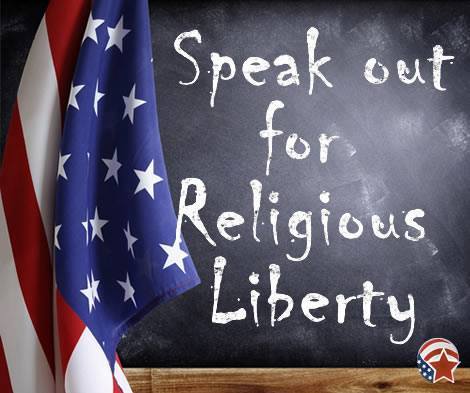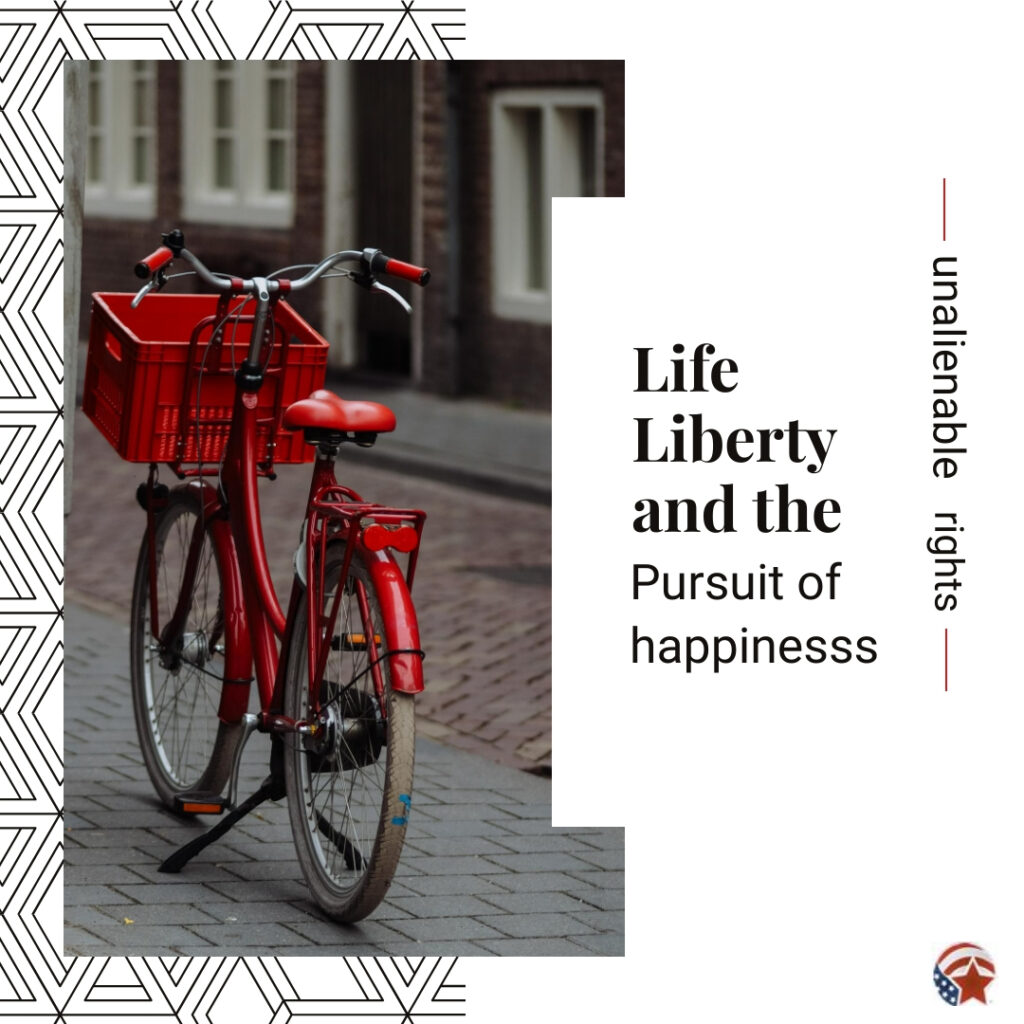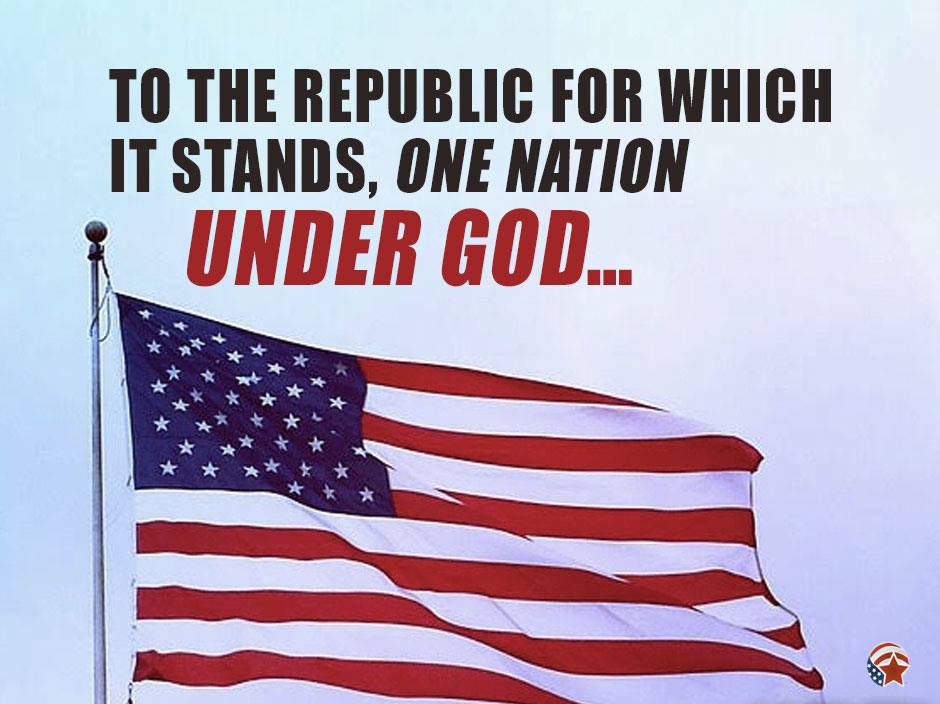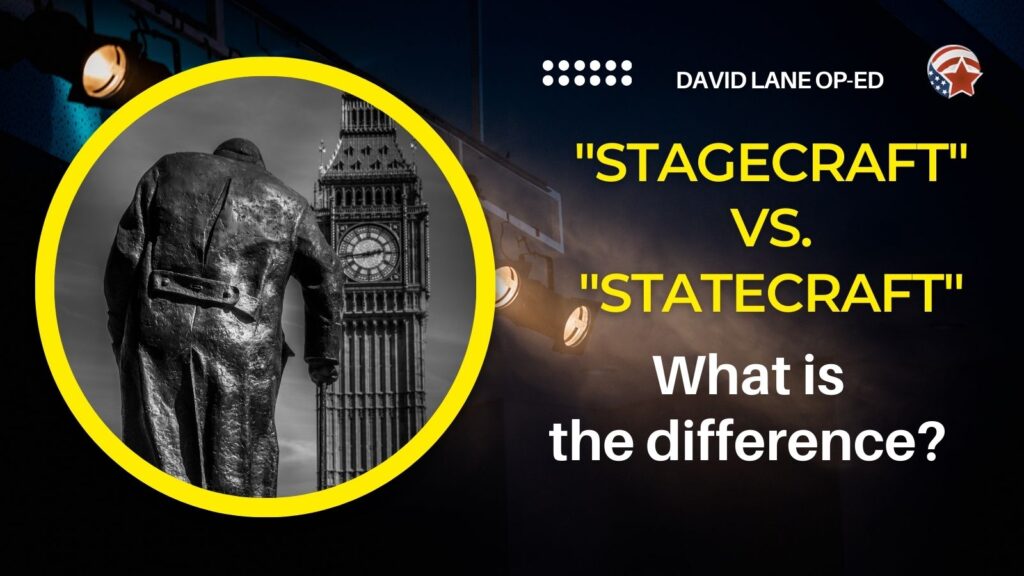
The terms stagecraft and statecraft refer to the artful presentation and performance of political leadership and governance to shape public opinion, inspire trust, and rally support for policies or decisions. Statecraft combines the practical execution of government functions with the theatrical elements of stagecraft: communication, symbolism, and public presentation.
America’s first president, George Washington, exemplified the art of statecraft. He set a precedent for executive power and governance by rejecting offers to become a monarch, solidifying America as a Constitutional Republic. Finally, Washington demonstrated foresight in his Farewell Address by emphasizing neutrality in foreign affairs and arguing that morality is indispensable for good governance and that liberty cannot long be sustained without Christ in culture.
Abraham Lincoln provided a further example as he led the nation through its greatest crisis, the Civil War, which ended the sin of slavery. Much like 19th-century America’s justification and defense of the practice of slavery, 22nd-century America will regard the 21st-century’s wholesale slaying of the unborn as a deplorable, blameworthy period in American history. Both slavery and abortion are sinful transgressions.
Winston Churchill demonstrated statecraft as he led Britain through World War II with his powerful oratory and unconquerable resolve in opposition to Hitler and Nazism. He published more words than Charles Dickens and Walter Scott combined – “more books than Moses,” as Churchill quipped.1 President John F. Kennedy said that in granting Churchill U.S. citizenship in 1963, Churchill “mobilized the English language and sent it into battle.”
Franklin D. Roosevelt’s leadership in the New Deal and World War II provides a few examples more. Roosevelt’s blend of economic policy, war leadership, and institution building helped shape the modern world. More than just clever remarks, Roosevelt’s wit constituted a strategic leadership tool. Whether in public addresses, debates, or casual conversations, FDR’s humor calmed fears, disarmed critics, and inspired confidence, solidifying his place as one of America’s most effective communicators and statesmen. FDR’s Fireside Chats on the radio were legendary for connecting directly with the American people; when asked about his formula for success, he said, “Be sincere; be brief; be seated.”
At a joint Press Conference with President Franklin D. Roosevelt in the White House on December 23, 1941, Prime Minister Churchill was asked, “Mr. Minister, can you tell us when you think we may lick these boys?” Churchill responded, “If we manage it well, it will only take half as long as if we manage it badly [laughter filled the room].”2
Roosevelt and Churchill were masters in stagecraft and statecraft, as is President-Elect Donald J. Trump. As the executive producer and host of the reality television show The Apprentice, Trump attracted 20 million viewers per episode, and the show served as one of NBC’s flagship programs.
President-Elect Donald Trump’s second term will differ significantly from his first term. When Trump came down the escalator in 2015, he was a business magnate with an understanding and thorough grasp of business and leverage. In fact, on August 11, 2016, at a Florida pastor’s event, Trump put forth that pastors had been neutered and lost their leverage in culture by the Johnson Amendment. He overturned it by Executive Order, immediately as promised when sworn into office.
President Trump’s invaluable edification regarding statecraft and stagecraft from 2017 through 2021 will boost his upcoming 2025-2029 term. There are already glimpses of this, such as when his December visit to Paris in order to attend the reopening of the Notre Dame Cathedral presented “the opening salvo of his return to the world stage, further diminishing the final days of the Biden administration.”3
Last week, Trump argued that Canada should become a U.S. state because the taxes of its citizens “are far too high, but if Canada were to become our 51st State, their taxes would be cut by more than 60%.” His assertion that Canadian businesses “would immediately double in size, and they would be militarily protected like no other country anywhere in the world” scored high in Canadian public opinion as he trolled feckless Canadian Prime Minister Justin Trudeau.4
Lastly, President-Elect Trump tweeted that the Panama Canal represents a vital asset to America. The nation’s sacrifice from 1904 to 1914 in building the canal was in the words of Trump a “HUGE cost to the United States in lives and treasure – [as] 38,000 American men died from infected mosquitos in the jungles during construction … Jimmy Carter foolishly gave it away, for one dollar, during his term in office.” [If the moral and legal principles of this magnanimous gesture of giving are not followed], “then we will demand that the Panama Canal be returned to us, in full and without question.”5
In his skillful exegesis of the Book of Proverbs, Bruce K. Waltke notes that Wisdom’s communicable attributes enable one to sway nations. He writes that Wisdom’s skills for statecraft are “intensified, clarified, and expanded” by her attributes of “shrewdness, discretion, counsel, and resourcefulness,” which enables “kings to reign and rulers to decree [Hebrew: to fix, to determine] what is right.’”
William McKane [1921-2004], the Hebrew studies specialist and distinguished Old Testament scholar, noted that spiritual wisdom does not recoil from the rough and tumble of the public square with its busyness and noise. Although she has no assurance of an audience or prior publicity, she is not guaranteed to be treated with deference.
McKane maintained that wisdom operates where competition is fiercest, choosing a place where human traffic is heaviest, busiest, and prevalent, where people gather for formal and informal interaction and involvement in transferring goods, services, or money.
We pray that those advising the incoming president represent Godly wisdom as Gideons and Rahabs have begun to rise.
David Lane
American Renewal Project
1. The Wicked Wit of Winston Churchill.
2. winstonchurchill.org/publications/finest-hour/finest-hour-152/joint-press-conference-washington-23-december-1941/?utm_source=chatgpt.com
3. economictimes.indiatimes.com/news/international/world-news/notre-dame-why-donald-trump-is-visiting-the-iconic-cathedral/articleshow/116079314.cms?from=mdr#google_vignette
4. nypost.com/2024/12/25/us-news/trump-trolls-trudeau-by-promising-canucks-hell-lower-taxes-if-canada-becomes-51st-state-and-backs-hockey-legend-wayne-gretzky-as-pm/
5. x.com/trumpdailyposts/status/1870612690672201871?s=43&t=uh5k9BMuhQRt7qHZ6744qA

